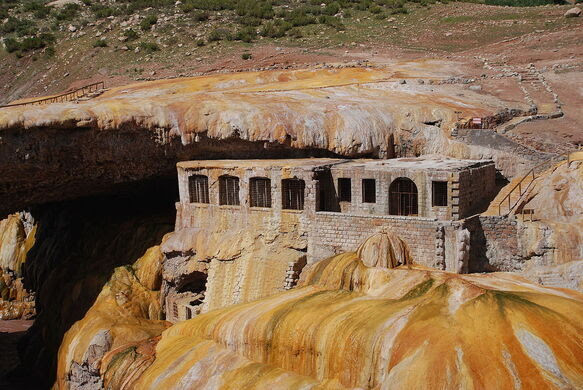PANAMA
The Devil is Green
It’s easy to be ambivalent about Panama.
The nation exists because Europeans and Americans wanted to build a shipping canal through the isthmus that separates the Caribbean Sea and the Pacific Ocean. There are few better examples of late imperialism in the Western Hemisphere.
But the canal, of course, was a springboard to making Panama one of the most competitive economies in Latin America. The country expects growth of 5.6 percent this year, Reuters reported. Not shabby.
Then again – here the ambivalence becomes clearer – that dynamism has unfortunate side effects, to say the least.
“Panama has long served as a hub for money laundering in Latin America, serving criminal groups who inject dirty money into legitimate institutions, as well as corrupt elites attempting to hide their wealth,” wrote Victoria Dittmar in InSight Crime.
In addition to the illicit activities described in her article, Dittmar was referring to the Panama Papers scandal that broke two years ago when an unidentified tipster sent documents from the Panamanian law firm Mossack Fonseca to news organizations that banded together to report the story around the world.
“As soon as we had received the first bunch of data, we saw that this was explosive because we saw that there were several heads of state mentioned in this document,” Frederik Obermaier, one of the German reporters who worked on the project, told WPLF in Kentucky.
Mossack Fonseca recently closed down after Panamanian authorities raided its offices to investigate its links to Odebrecht, a major engineering firm implicated in bribery scandals throughout Central and South America, the Guardian reported.
The recent experience of a Trump-branded hotel in Panama City is another example of the bizarre way business is conducted in Panama.
In early March – after court hearings, shouting and shoving matches in the lobby and other contretemps over claims by the building’s majority owner that US President Donald Trump’s company was mismanaging the property – a workman used a hammer and crowbar to pry off the president’s name from the Trump International Hotel and Tower.
Afterward, the owner, a 39-year-old Cypriot named Orestes Fintiklis, “strode to the lobby’s baby grand piano and played and sang ‘Accordeon,’ a popular Greek song about the fight against fascism,” the New York Times reported.
One can assume Fintiklis doesn’t agree with Trump’s politics.
On Tuesday, Trump’s company lost a bid to regain control of the hotel, when an arbitrator ruled that the eviction was wrong but declined to reverse the status quo. “The facts on the ground now militate against forcibly undoing the steps that have been taken,” arbitrator Joel Richler wrote, according to the Associated Press. Trump’s firm could still regain control, but Tuesday’s decision dashes hopes of a swift resolution, the agency said.
Around 50 miles from the gleaming towers of Panama City, meanwhile, residents of the port city of Colon staged riots recently in protest of plans to regenerate the city. They argued that the plans would price them out of their homes.
Observers say it’s sad when gobs of foreign investment lead not to happiness and prosperity but international scandals, fisticuffs among the rich and fears of homelessness among the poor.









